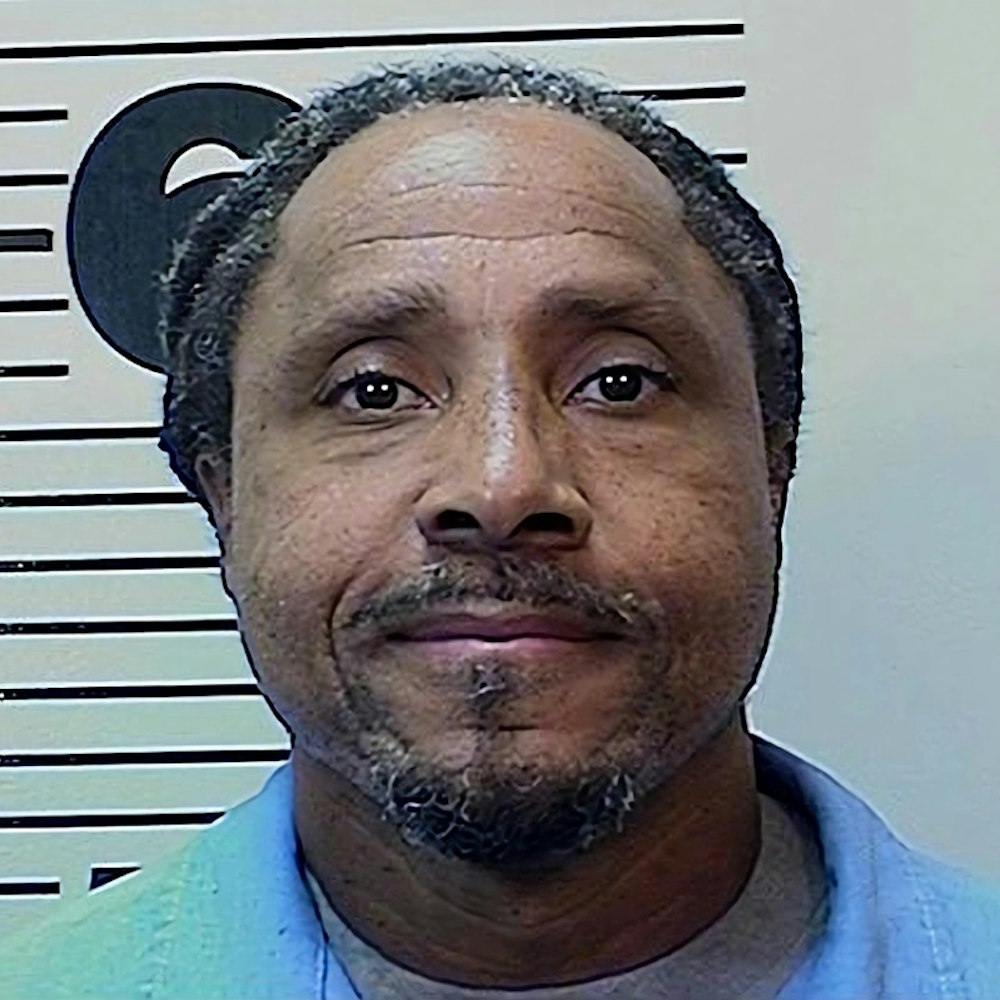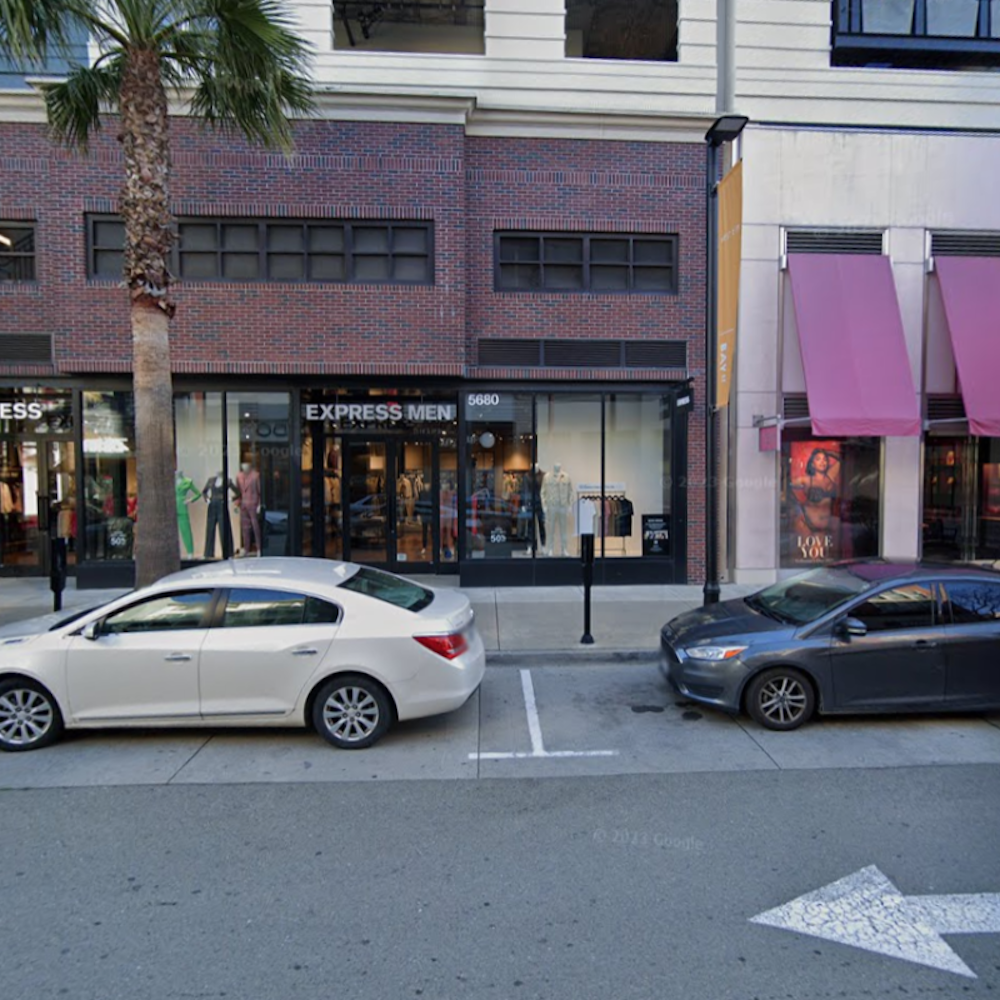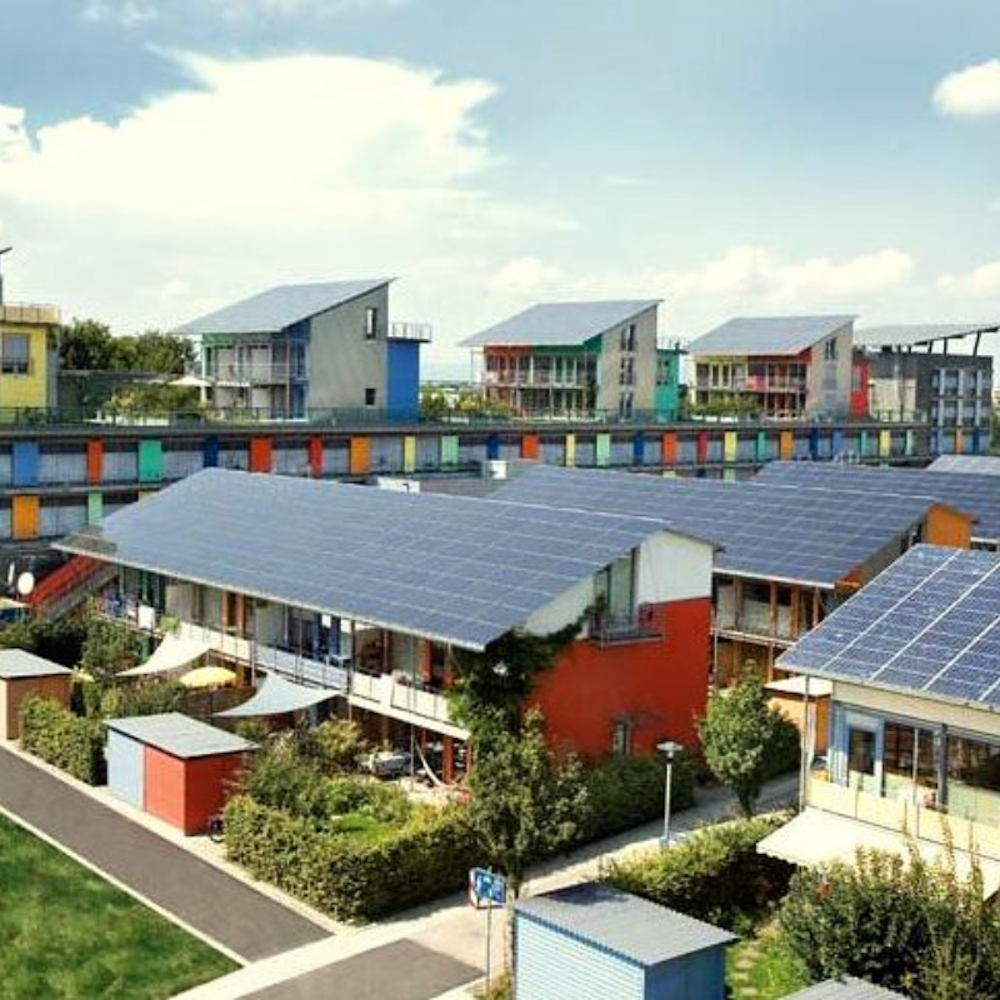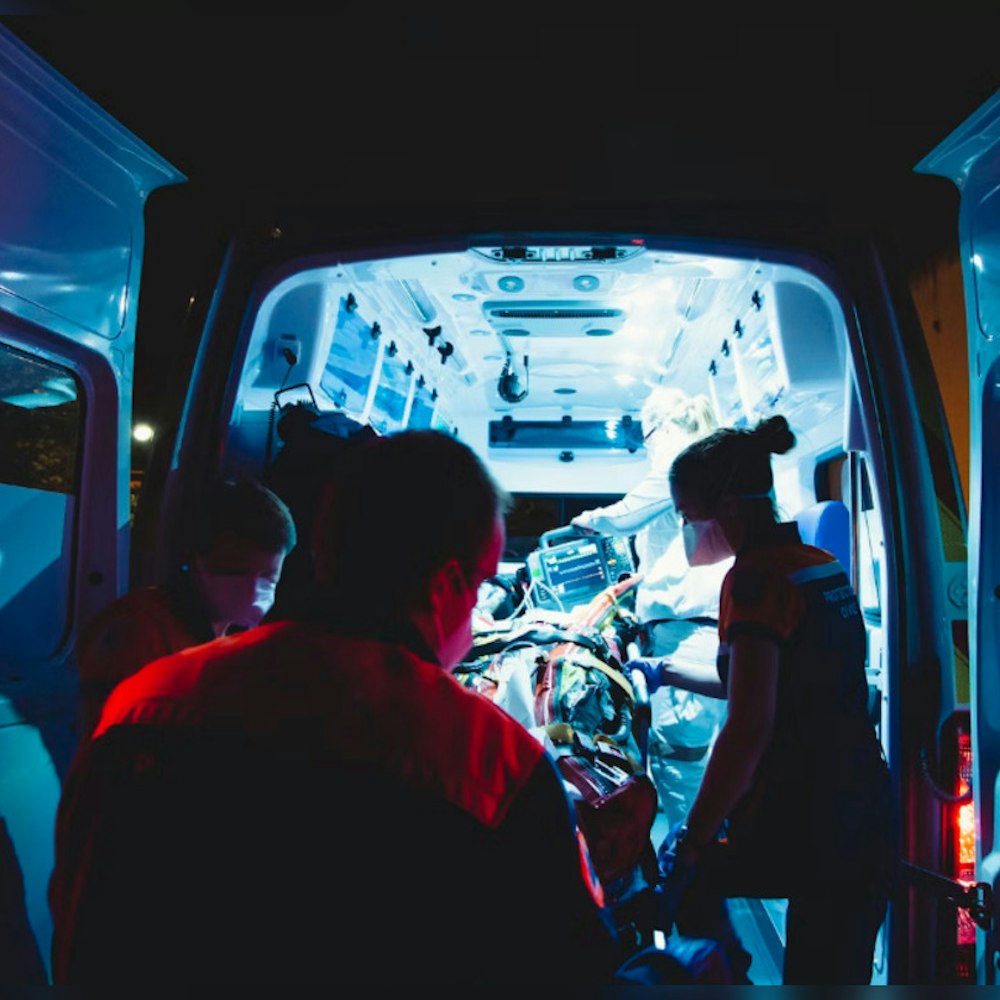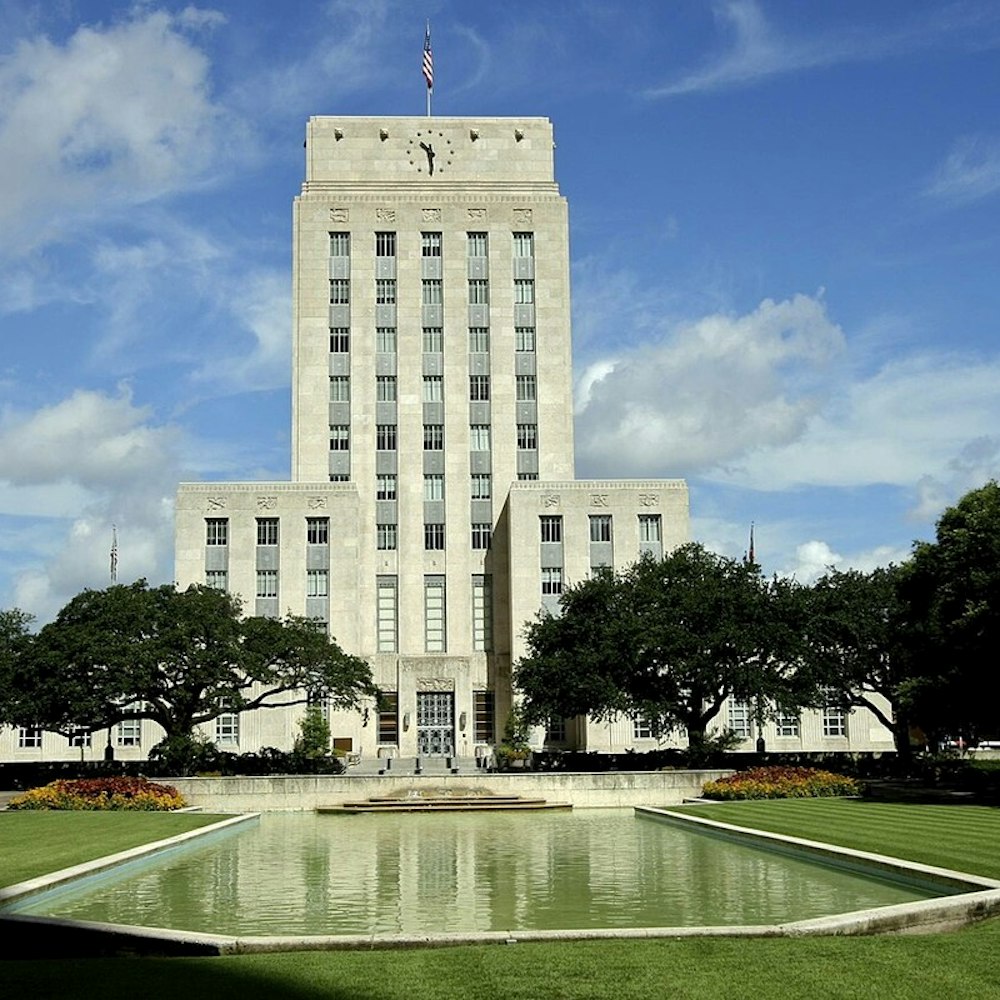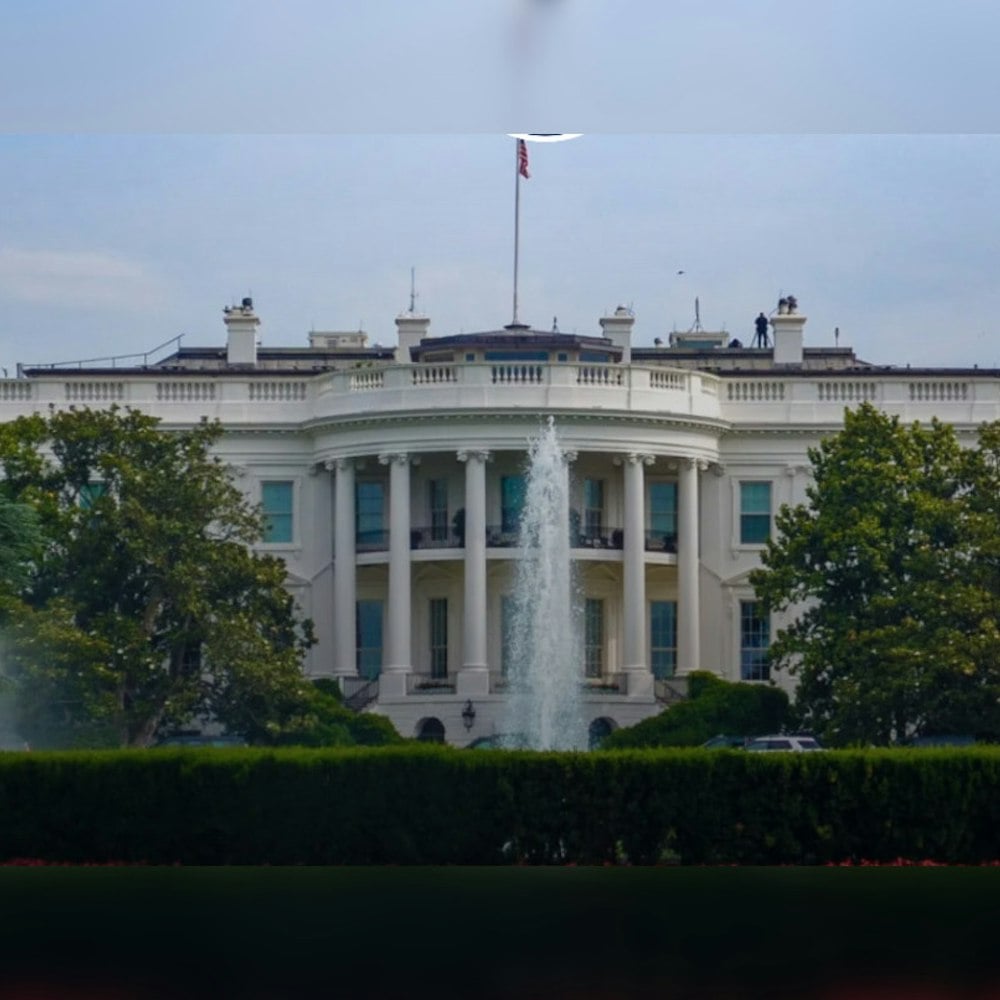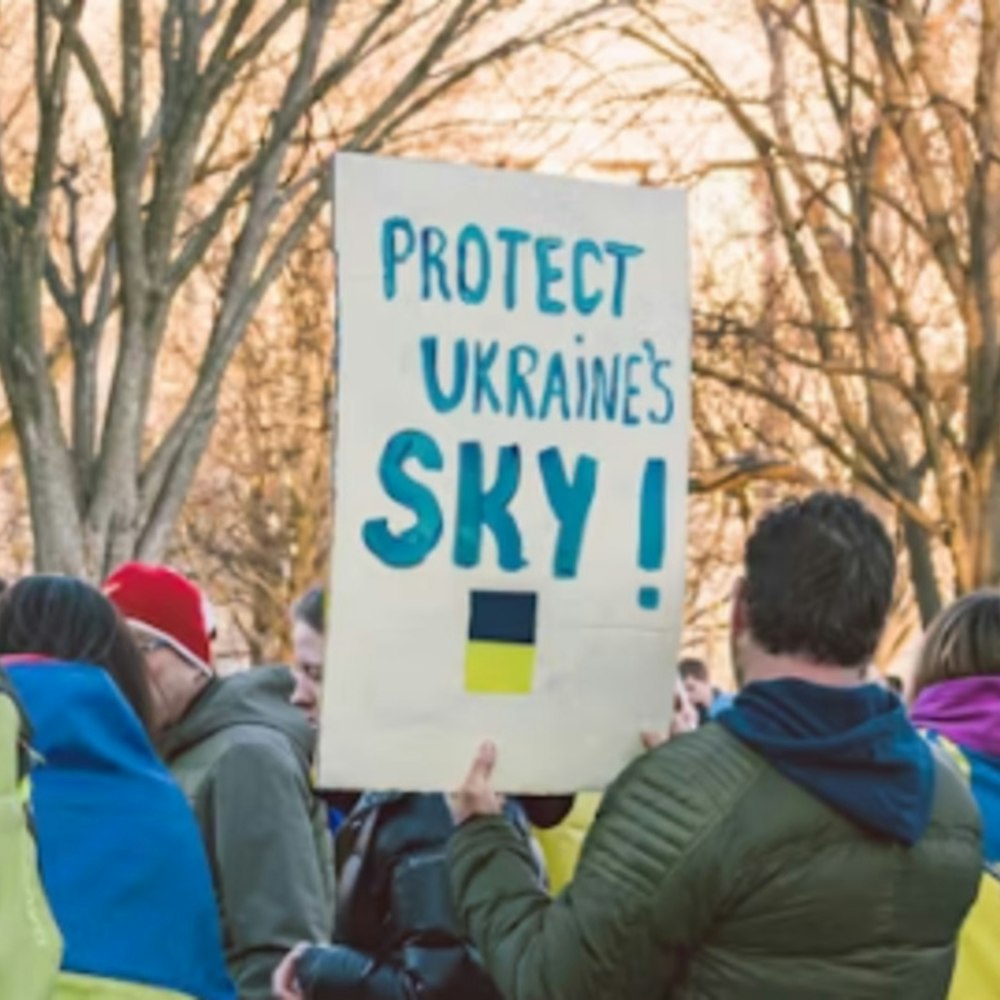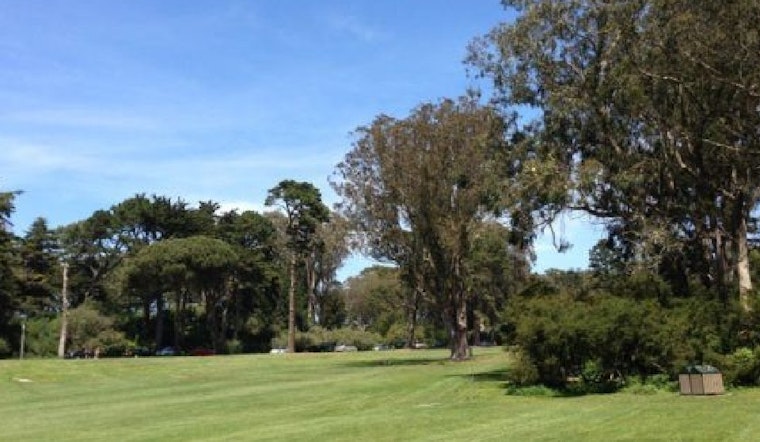
Two San Francisco agencies — San Francisco Recreation & Parks, and the city's Real Estate Division — have been given two weeks to provide a list of city-owned property and parkland that can be used for "safe sleeping sites" for unhoused people.
The inventory is a result of legislation introduced earlier this month by supervisors Sandra Lee Fewer and Gordon Mar, who represent the Richmond and Sunset districts. It calls for Rec & Park to consider its lands as potential locations for semi-formal tent villages for unhoused San Franciscans.
"With the shelter-in-place order in effect, the shelter capacity in San Francisco has been significantly diminished," said Ian Fregosi, legislative aide to Sup. Fewer, via email. "The City has seen a corresponding increase of street homelessness and encampments."
Earlier this week, Fewer reached an agreement with Rec & Park general manager Phil Ginsburg to temporarily waive the requirement that Rec & Park lands be only used for recreation.
Rec & Park will now evaluate all of the department's open spaces and parking lots for viability as safe sleeping sites, producing a list of viable sites in the next two weeks.
The Real Estate Division will also consider non-park properties owned by the city, such as sites for future affordable housing developments. The deadline for the completed list of possible sites is Tuesday, June 2.
Fewer and Ginsburg's agreement obviates the need to pass additional legislation, and Ginsburg said that lands offered up by Rec & Park will "not interfere with the public’s critically needed access to the outdoors during this health crisis."
Fregosi noted that any safe sleeping sites in the city's park system would be monitored, limited, and secured, and that the city will not "allow people to camp freely throughout parks."
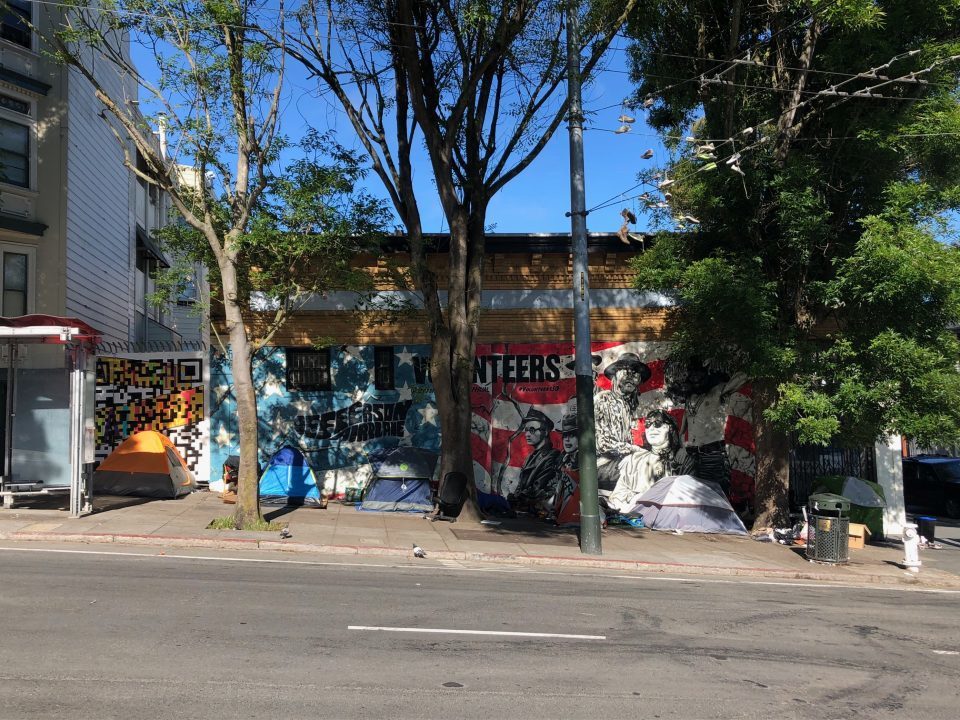
The city's safe sleeping sites have evolved in the last month as a COVID-19 response for the city's unhoused, who otherwise have no access to basic sanitation or the ability to distance their tents safely.
Born partly out of frustration with the city's refusal to shelter a significant percentage of its homeless population in reserved hotel rooms, the safe sleeping sites will provide infrastructure and support — including bathrooms and other sanitation services, food and potable water, 24/7 staffing, and health and mental-health services.
So far, one sites has already been established around City Hall on Fulton Street, with room for about 50 appropriately distanced tents. Another is currently expected to open on the site of the former Upper Haight McDonald's by the end of the month, with room for 40 to 60 people.
But with only 1,115 of San Francisco's estimated 8,011 homeless residents staying in city-leased hotel rooms, it's likely that more than 100 safe sleeping sites would be needed to prevent COVID-19 spread, should they be sized similarly to the first two.
